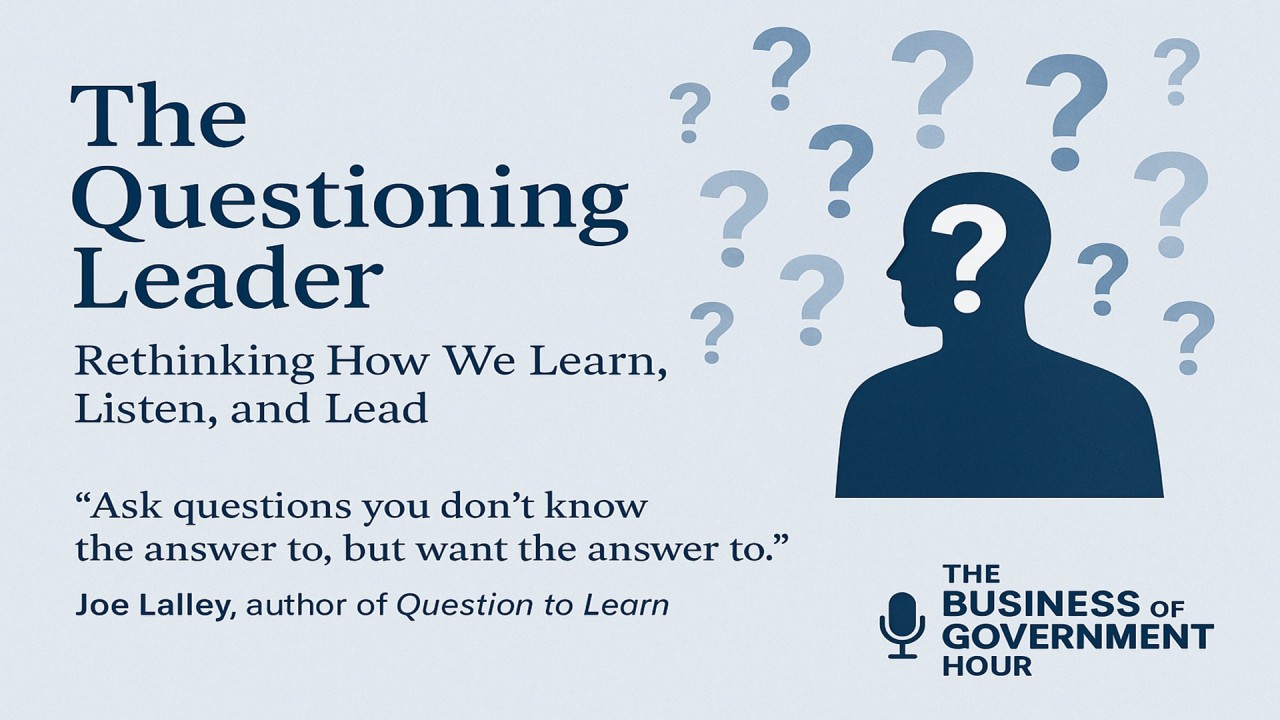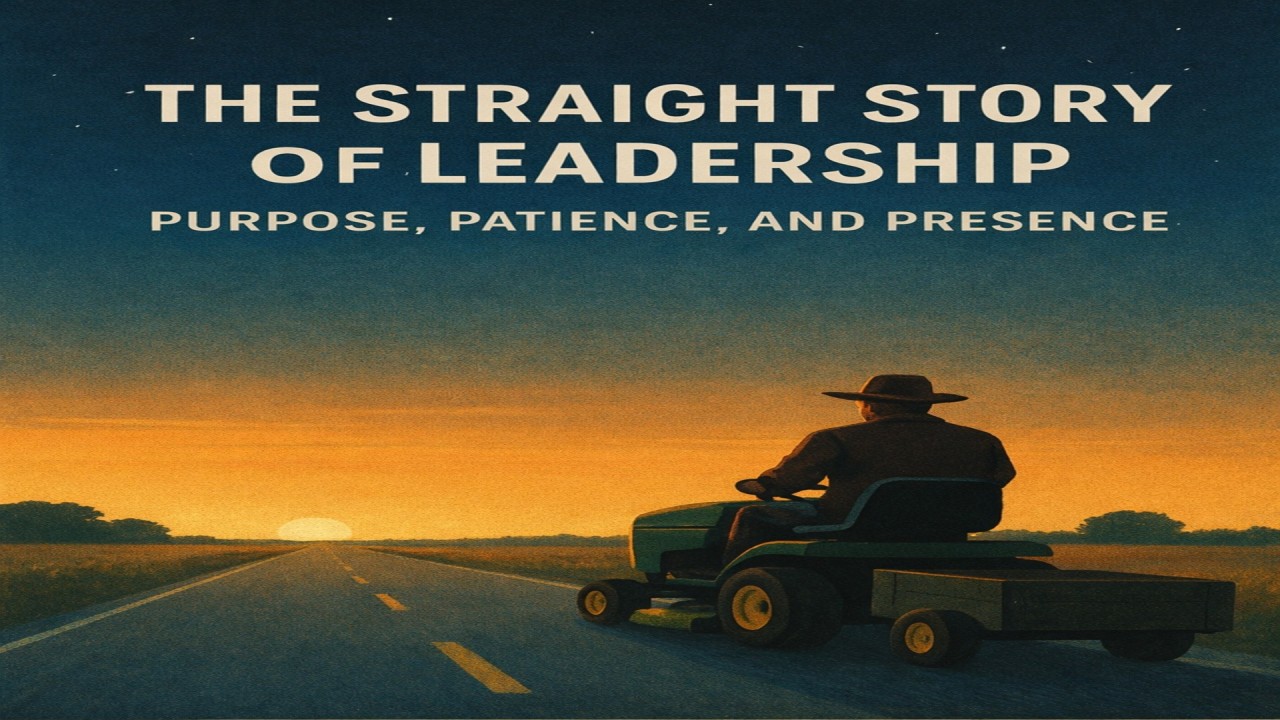Apr13

Do you get you ever get unsolicited advice? Is your boss a nitpick on every little thing? Does your unemployed nosy neighbor know precisely why you aren't getting promoted? Some feedback is valuable, and other feedback is just a distraction.
Feedback overload is increasingly common. We’re asked to rate our service everywhere and leave reviews on every product. Performance conversations at work are becoming an even more frequent occurrence. We are hyper-assessing and often, being hyper-assessed.
It’s not entirely a bad thing. We can recognize and solve problems faster when evaluation is constant. Yet, when the volume of ‘feedback’ is immense, it usually comes with a lot of noise.
Filtering out the feedback worth listening to can be difficult. Here are three questions to help you decide if or when you should listen:
A lack of subject matter expertise will rarely keep someone from offering their opinion. Last week on LinkedIn Live my business partner Elizabeth described some bad advice she got many years ago:
In 12th grade when she was applying to college, she told the teacher helping her with applications that she wanted to double-major in education and television. At the time, Elizabeth was interning, teaching in a 5th-grade classroom and loving it. She was also doing several passion projects in film and tv, and immensely enjoying that creative outlet too. Why not combine them?
Her Language Arts teacher looked at her and said… “Well, those two things (education and television) don’t go together. There’s no overlap, they’re so different.” Had Elizabeth assumed that (likely) well-intended advice was accurate, she might have not pursued the combo that is now the centerpiece of her career.
We’ve since co-authored over 20 LinkedIn Learning courses, hello education and video. At this point, it’s obvious that the Language Arts teacher was incorrect. If someone shoots down your idea, consider the source- Does this person have knowledge about the landscape? If so lean in; If not, ignore it.
Early in my career, I was passed over for a promotion. It stung, but I stuffed my tears, and politely asked my boss, “What could I do differently?” He was struggling to articulate why I was passed over and why my colleague was promoted instead. Ultimately my boss landed on, “He (the guy who got the job) was just a better fit.”
To some degree, my boss was exactly right. The guy they promoted is still in that same job, almost 30 years later. Turns out he wasn’t just a good fit, he was a great fit. I think it’s also safe to assume that there were a few other things that made it easier for our boss to see my colleague as a leader than it was for him to see me.
Sometimes you get feedback (right or wrong) based on an undercurrent of something unsaid. Whether it’s cultural bias (which it likely was in my case) or the person simply has more industry knowledge than you, or they’ve seen this play out before. Looks for the rationale that is not being articulated, and let it inform your go-forward strategy. I left the company, but it could have gone the other way, it could have been a helpful counsel to change my behavior.
Ask yourself, Do you really want to get better at this? In a world of feedback overload, you’re going to have to pick and choose. You can’t be perfect at everything and trying to be is just going to run you into the ground.
If an expert speaking coach gives me some tough feedback on a keynote? I’m listening. No matter how hard it may be to hear. If Gordan Ramsey tells me my chicken is under-seasoned? He is probably right, but I don’t care. I’m never going to be a great cook and it’s not important to me to improve. My efforts are better spent elsewhere.
The noise of irrelevant or incorrect feedback can be distracting at best, and incredibly disheartening at worst. Before you let a bad review or disgruntled naysayer rain on your parade, ask yourself: Are they an expert? Is there something underneath this? And most importantly, Do I actually care?
Keywords: HR, Sales
 LinkedIn Voice for Sales
LinkedIn Voice for Sales Succession Planning is Hard because it’s Identity, Structure, and Systems All at Once
Succession Planning is Hard because it’s Identity, Structure, and Systems All at Once The Corix Partners Friday Reading List - February 13, 2026
The Corix Partners Friday Reading List - February 13, 2026 The Questioning Leader: Rethinking How We Learn, Listen, and Lead
The Questioning Leader: Rethinking How We Learn, Listen, and Lead The Straight Story of Leadership: Purpose, Patience, and Presence
The Straight Story of Leadership: Purpose, Patience, and Presence